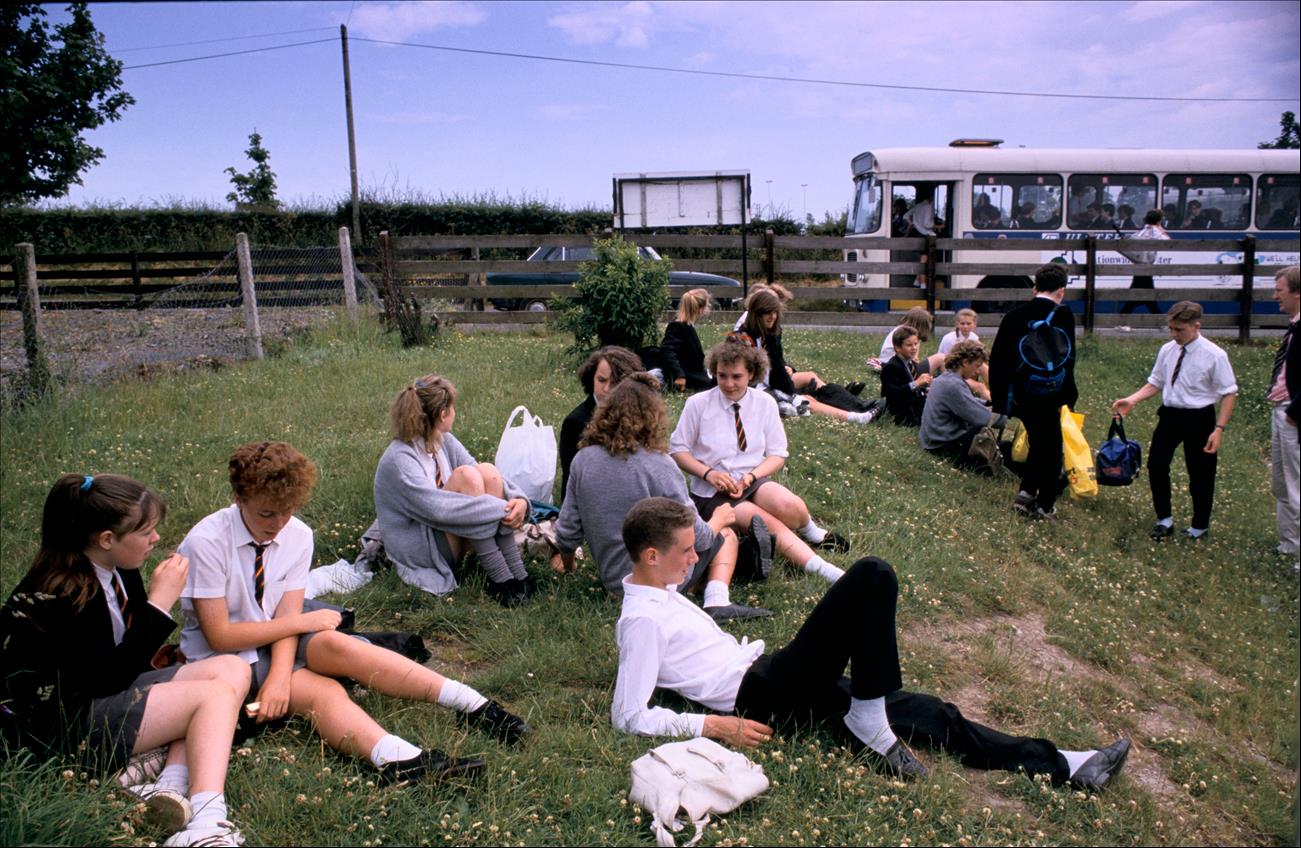
Integrated Education In Northern Ireland: Why Progress Is Slow Despite Support
Support in Northern Ireland for integrated education – schools attended by both Protestant and Catholic children – is high . There are many factors behind this, including the view that separate schools perpetuate divisions and are an anachronism in an increasingly secularised society.
There also appears to be a political will to make integrated education a reality. In April 2022 the Northern Ireland Assembly passed the Integrated Education Act which placed a statutory duty on the Northern Ireland Department of Education to“encourage, facilitate and support” integrated education. In an unrelated announcement in July, the Secretary of State for Northern Ireland announced additional funding of £1.9 million to support schools wishing to become integrated.
There are a number of factors holding back progress towards integrated education in Northern Ireland. Existing organisations involved in education, including the Protestant and Catholic churches, have been defensive about their own schools. In a divided society where political decisions depend on consensus, there is a level of political inertia to overcome.
A historic ideaWhen Northern Ireland was established a century ago the Protestant and Catholic Churches ran schools that largely served their own communities. The new Northern Ireland government tried to introduce a new approach in which schools would be open to all pupils and the role of the churches would be limited, but this idea failed .
During the Troubles, many commentators suggested that educating all young people together could promote reconciliation and reduce prejudice. Opinion polls suggested many people in Northern Ireland supported this idea. However, there was no planned integrated education school until Lagan College opened in Belfast in 1981.
The Catholic church has been less than enthusiastic about integrated schools in the past. It challenged the idea that separate Catholic schools contributed to sectarianism. The Protestant churches have also been lukewarm towards integrated education , partly from fears that the establishment of integrated schools would lead to less funding for existing schools.
In 2015 the Department of Education published proposals for the establishment of “joint faith” schools , a new type of integrated school run by the Churches together, but to date no such school has been established.
Change driven by politicians has also been slow. The Good Friday Agreement of 1998 included a commitment to facilitate and encourage integrated education . By 2021-22 there were 67 integrated primary and secondary schools in Northern Ireland, out of a total of 976. They enrol under 8% of all pupils.
Current challengesThe 2022 Integrated Education Act places additional responsibility on the Department of Education, but the terms in which it is drafted are imprecise and it remains to be seen how they will be implemented. It might make a difference if a member of the legislative assembly from the Alliance Party becomes minister of education, as they sponsored the bill and have the greatest investment in its success. But since the May election the NI Assembly has not functioned due to political disputes over Brexit.
Non-profit organisation the Integrated Education Fund (IEF) have set a target of 100 integrated education schools within three years . The new funding from the Department of Education, most of which will go to the IEF, will almost certainly help, but the challenge is ambitious. It requires 30 new integrated education schools when only three primary schools have been added in the previous three years. An additional secondary school will officially become an integrated school in the 2022-23 school year.
A new development since the Good Friday Agreement has been the growth of Shared Education involving collaborative school partnerships from all sectors providing shared lessons for their pupils . It seeks to create social networks of friendship in local communities that cut across the religious divide.
Before the pandemic, about 60% of primary and secondary schools were involved in these partnerships in programmes supported by the Education Authority .
Shared education is popular with schools as it recognises all of them can provide opportunities for engagement and dialogue, even if some in fully integrated schools may feel this represents, at best, a watered-down version of what they provide.
Past experience would suggest that change of any kind in education in Northern Ireland proceeds slowly, if at all . However, society has changed over the past 20 years. Many more people now identify as non-religious . It remains to be seen if this is enough to shift some of the tectonic plates on education policy.

Legal Disclaimer:
MENAFN provides the
information “as is” without warranty of any kind. We do not accept
any responsibility or liability for the accuracy, content, images,
videos, licenses, completeness, legality, or reliability of the information
contained in this article. If you have any complaints or copyright
issues related to this article, kindly contact the provider above.


















Comments
No comment